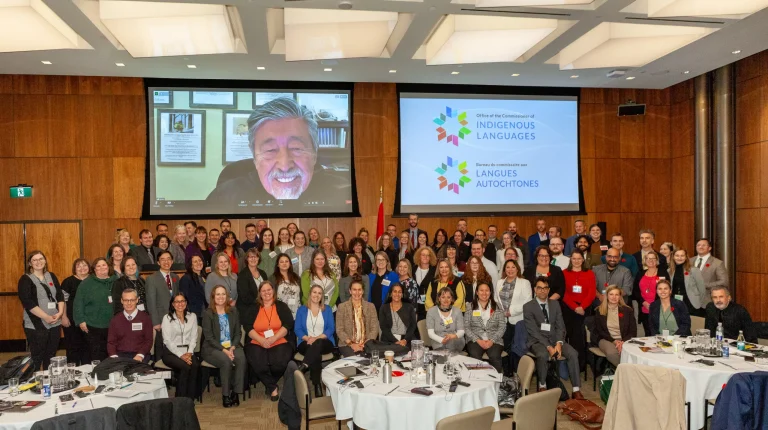On October 30, Commissioner Ronald E. Ignace addressed the 24th Edition of the Teacher’s Institute on Parliamentary Democracy who gathered in Ottawa to learn firsthand the inner workings of the branches of government. The Teacher’s Institute is hosted by the Speaker of the Senate and the Speaker of the House of Commons and is organized […]
Read More


